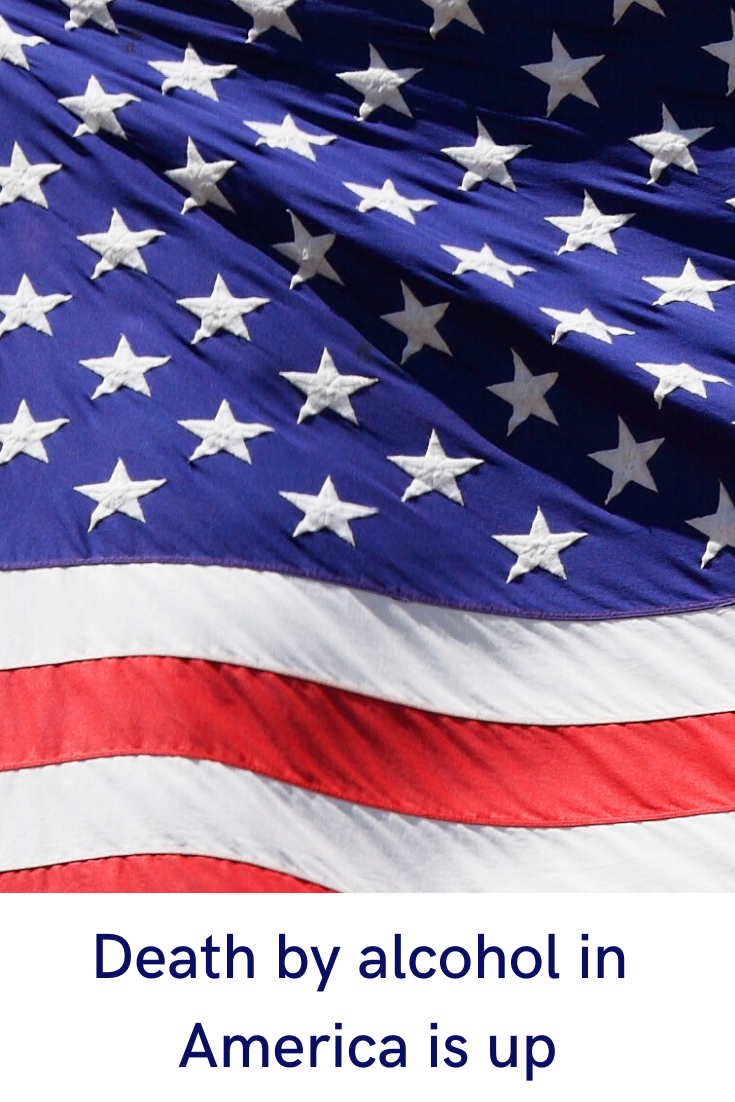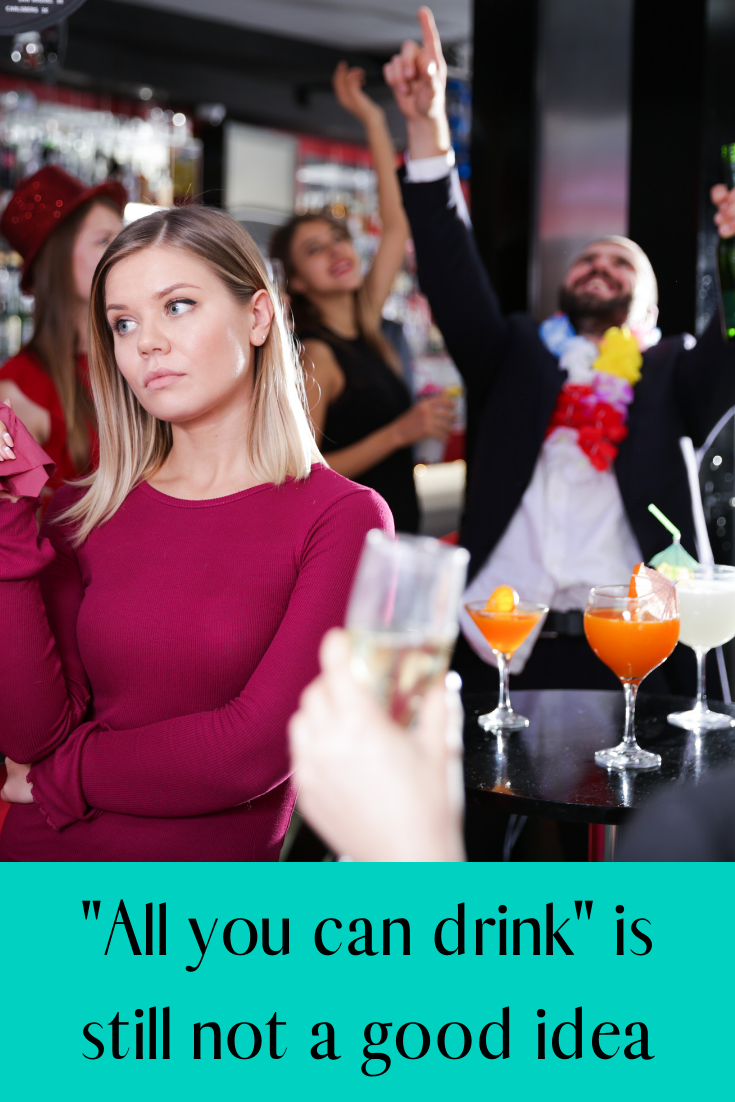We were surprised and excited to see this research out of the University College London.
It appears that ketamine may have a powerful impact on a person’s desire to drink. People who took just one dose of ketamine (after a memory exercise in which they were reminded of their drinking habits) halved their drinking - not just ten days later, but a full nine months later!
It apparently works by reducing urges to drink by rewriting memories of drinking.
Now, some quick qualifiers: the test only followed 90 heavy drinkers, which isn’t a lot, and some of the observed effects may have been down to people simply signing up to an experiment that made them more aware of their alcohol consumption levels. The researchers caution that there has to be a lot more testing before people start using ketamine as a treatment for alcohol use disorder. But ketamine has shown promise for treating depression and PTSD as well, so it’s not entirely far-fetched to imagine it might really be effective in this case, too.
We love the core theory of why it works, too: the idea is that drinking problems arise from our brains automatically rewarding us for drinking because of its association with other fun times. We spend time with friends, we dress up, we dance, we play games, we toast our families…. and we give all of the credit for all of the fun to the booze. We then start to anticipate it, and trust that good times will flow if we have it. That resonated with us. We know we associated drinking with fun, with glamor, with freedom - and that stopping drinking required disabusing ourselves of those misguided notions. Ketamine may help in this process by affecting memory, allowing people to question and re-examine their past memories of drinking.
We hope to help people break out of those habitual drinking patterns without the help of a substance, through reflection, teaching and encouragement in the Drinker’s Helper app.
Drinker’s Helper is an app that provides motivational exercises, drink tracking and insights into why you drink, and a support group of your peers to help you make needed changes. Try it free for a week before joining!





















